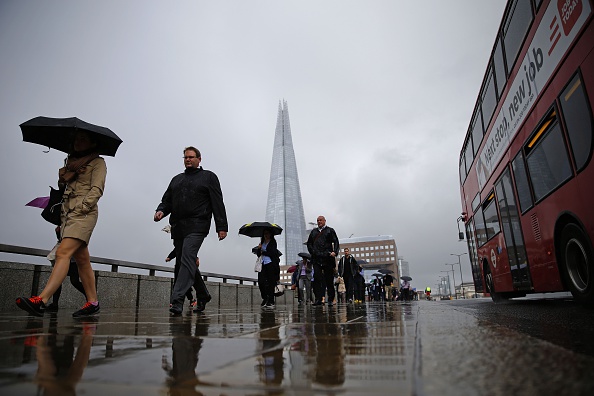DEBATE: Should we be worried about yesterday’s services sector PMI data?

Should we be worried about yesterday’s services sector PMI data?
Simon Wilson, director at Icon Solutions, says YES.
The UK services sector represents around 80 per cent of our overall economic output, so a contraction in this area should set alarm bells ringing for economists and business owners.
The City serves as the engine of the wider economy, fuelling productivity for the financial services and tech sectors. A decline in output poses immediate risks to job creation, and in the long term could damage our ability to compete on the world stage, by stifling innovation.
Instead of downplaying these gloomy figures, a better approach is to focus on how to reverse this trend, by boosting investor confidence and breaking the Brexit deadlock. As EU leaders ponder the Prime Minister’s latest proposals, it’s vital that businesses prepare to move things forward once the road ahead becomes clear.
For UK businesses, much work still needs to be done. The skills crisis is hindering growth, our banking sector needs to overhaul its ageing payments infrastructure, and Britain can do more to export its expertise overseas. It’s time to heed the economic warning signs and end uncertainty to unleash business productivity.
Ruth Gregory, senior UK economist at Capital Economics, says NO.
September’s services sector PMI was far from encouraging, suggesting that growth in the biggest part of the economy has fizzled out and that the UK has slipped into recession.
But the survey has underestimated growth so far this year, and it may be giving an overly downbeat picture of the third quarter too.
After all, it did not pick up the impact of Brexit preparations ahead of the 29 March Brexit deadline, and will probably fail to do so again. It also excludes the recent resilience in the retail and government sectors.
And July’s strong rise in economic growth suggests that the economy did at least start the third quarter on a solid footing. So there are reasons to think that the economy is doing better than the survey suggests.
Of course, what happened last quarter is small beer compared to what could happen if there is a no-deal Brexit on 31 October or in January – in our view, that’s when a recession is most likely.
Main image credit: Getty